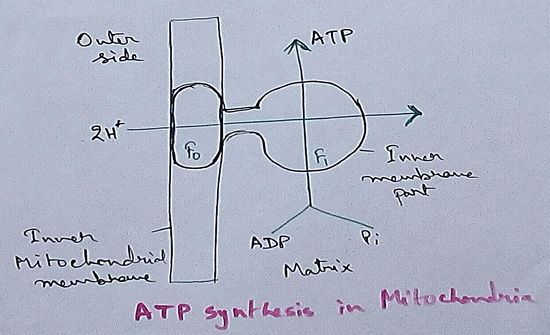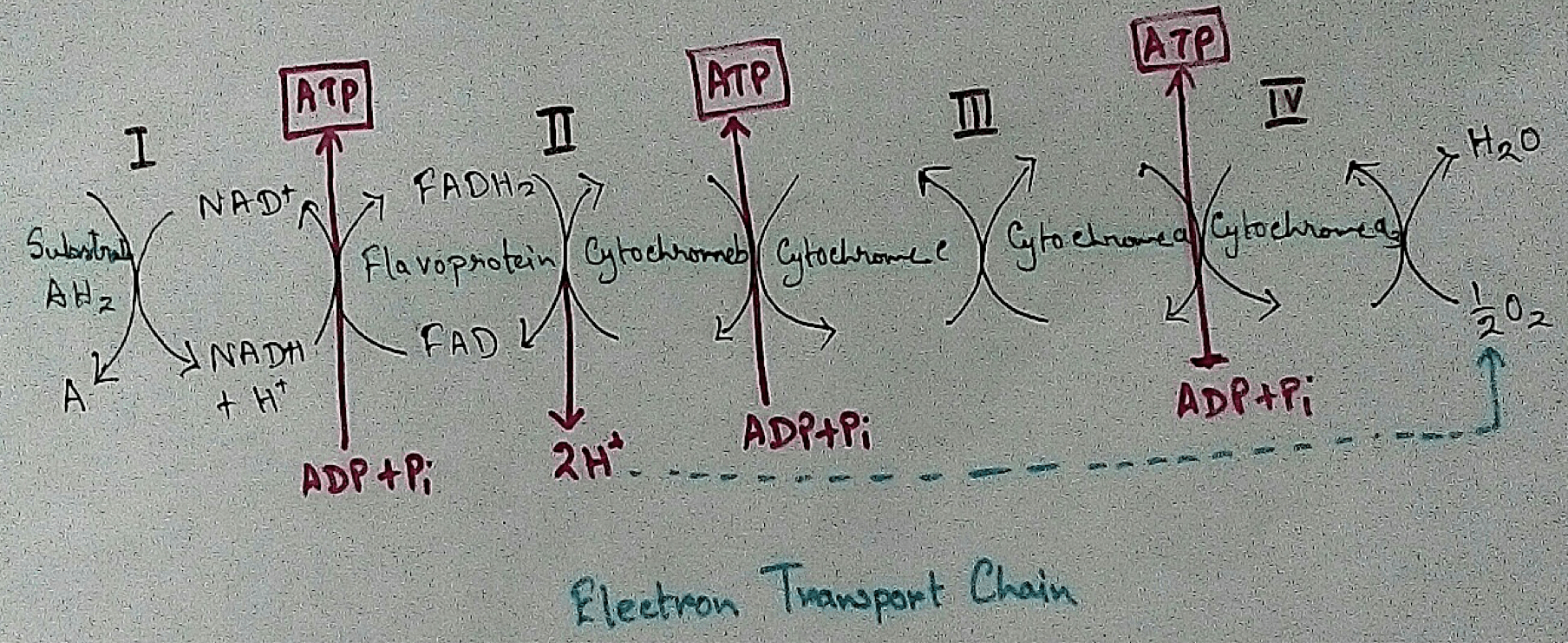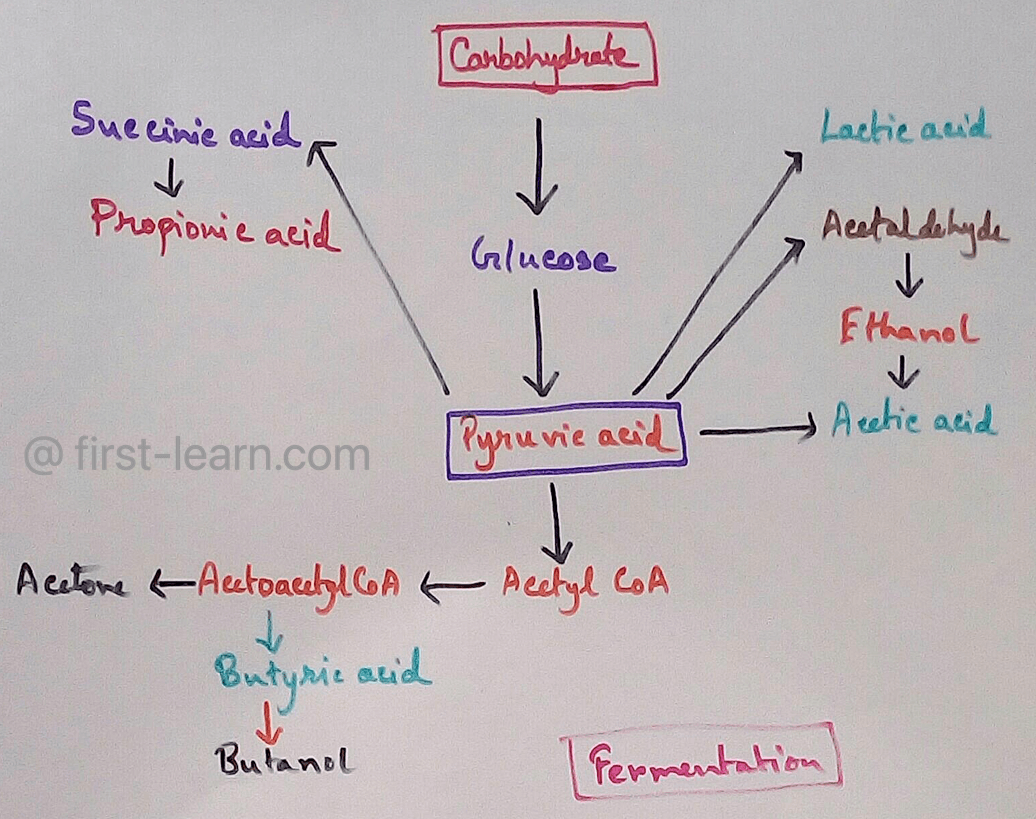Animals and its Feeding Habits
We will learn about the animals and its feeding habits. Animals are living things. Like us and plants, they also grow. They need food and water to live, grow and move about.
We have seen a tiger chasing a deer on TV or a cow eating grass? We have seen a kitten sucking its mother’s milk. After a few years, a kitten becomes a cat and in a few months, a puppy becomes a dog. Animals like horses, elephants and camels carry loads and work for us. They need energy to work. This energy comes from the food they eat. Animals need food to grow, stay healthy and to get energy for doing work.
Plants are able to make their own food but animals are not. Different animals have different eating habits. They eat either plants or the flesh of other animals.
Some animals eat plants. Other animals eat the plant-eating animals. Some others eat both plants and animals. Hence, all animals depend on plants for food. Now we discuss about different animals and its feeding habits.
Plant-eating
animals (Herbivorous animals):
Some animals feed on grass, plants, fruits and roots. Some feed on grams and nuts. These are plant-eating animals. They are called Herbivores. They do not eat the flesh of other animals. Some plant-eating animals are cows, horses, goats, elephants, etc.
Note:
The elephant is the largest land mammal. An adult elephant is believed to consume in one single day, several hundred kilograms of leaves, shoots, grasses and other available vegetation.
Flesh-eating animals (Carnivorous animals):
Some animals eat other animals. These are flesh-eating animals. They are called carnivores. They do not eat plants. Some flesh-eating animals are lions, tigers, snakes, wolves, etc.
Note:
Snakes eat rats which eat our grains.
Plant and flesh-eating animals (Omnivorous animals):
Some animals eat both plants as well as the flesh of other animals. These animals are called omnivores. Some animals that eat both are bears, jackals, cats, dogs, etc.
Humans also eat meat, fish, eggs as well as vegetables, fruits and nuts. So, they are also omnivores.
Note:
Monkeys are omnivores by nature. They eat a wide variety of food from flowers, leaves and fruits to insects and small frogs.
Animals and its Feeding Habits
Movement and Shelter of Animals
Nesting HabitsFrom Animals and its Feeding Habits to HOME PAGE
Recent Articles
-
Respiratory Balance Sheet | TCA Cycle | ATP Consumption Process
Feb 18, 24 01:56 PM
The major component that produced during the photosynthesis is Glucose which is further metabolised by the different metabolic pathways like glycolysis, Krebs cycle, TCA cycle and produces energy whic… -
Electron Transport System and Oxidative Phosphorylation | ETC |Diagram
Feb 04, 24 01:57 PM
It is also called ETC. Electron transfer means the process where one electron relocates from one atom to the other atom. Definition of electron transport chain - The biological process where a chains… -
Tricarboxylic Acid Cycle | Krebs Cycle | Steps | End Products |Diagram
Jan 28, 24 12:39 PM
This is a type of process which execute in a cyclical form and final common pathway for oxidation of Carbohydrates fat protein through which acetyl coenzyme a or acetyl CoA is completely oxidised to c… -
Aerobic Respiration | Definition of Aerobic Respiration | Glycolysis
Dec 15, 23 08:42 AM
This is a type of respiration where molecular free oxygen is used as the final acceptor and it is observed in cell. Site of Aerobic Respiration - Aerobic respiration is observed in most of the eukaryo… -
Fermentation | Definition | Types of Fermentation | Application
Nov 29, 23 10:27 PM
Definition of fermentation- It is a process that is energy yielding process of anaerobic oxidation of organic compounds which are carried out by the enzyme action of micro organisms where neither gase…




New! Comments
Have your say about what you just read! Leave me a comment in the box below.